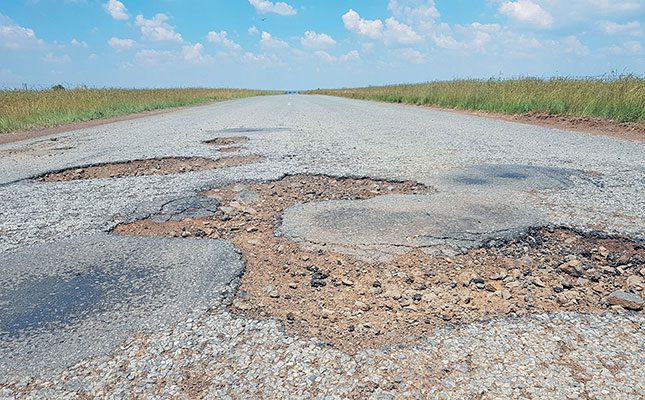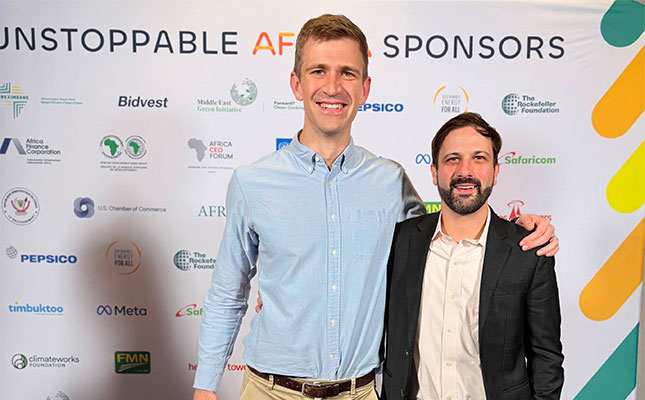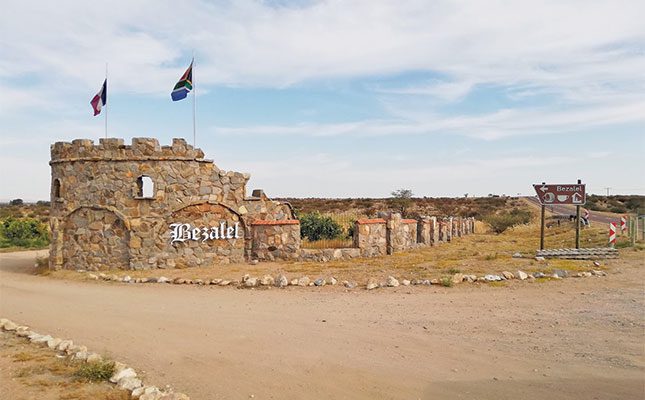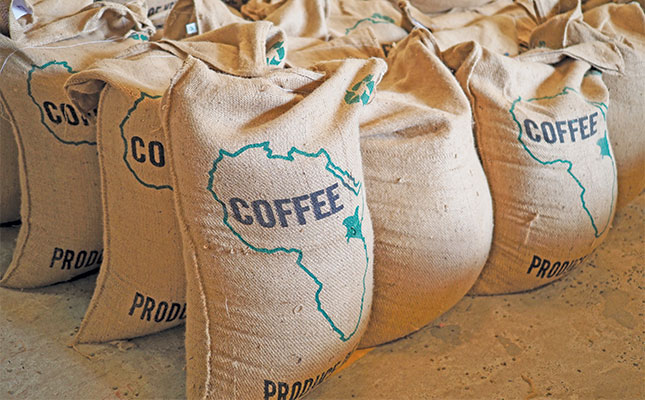
Wandile Sihlobo, chief economist at Agbiz, said that the index deteriorated by 10 points to 40 in the second quarter of 2023, which is below the natural 50-point mark, implying that South African agribusinesses were downbeat about business conditions in the country.
He said the pessimism emanated from numerous challenges facing the sector, such as intensified delays and inefficiencies at the ports, deteriorating rail and road infrastructure, worsening municipal service delivery, increased geopolitical uncertainty and persistent episodes of load shedding.
“The results of the Agbiz/IDC Agribusiness Confidence Index indicate that more work is needed to improve the operational conditions in the farming and agribusiness sector. Government and the private sector should collaboratively work to resolve these constraints to attract investments and boost long-term growth.”
Dawie Maree, head of agriculture information and marketing at FNB, said that the Agribusiness confidence was lower around 2005, but the country back then was in the grips of a drought.
He said that the interest rate had probably reached a peak and should start to soften from the second quarter of next year, which would help to ease pressure, especially on primary producers.
Lower interest rates, however, would not have a significant impact on business confidence unless logistical issues concerning roads, rail and ports are addressed. “We can have interest rates at zero percent, but that will not mean anything unless farmers are able to get inputs and send their produce to markets on time,” he said.
He identified the coming election as another factor that would influence business confidence in the coming months: “The country needs stability. Having the ANC maintain its leadership would maintain stability, but it remains to be seen how the party will solve current problems. The impact of a coalition will depend on the parties involved, and then these parties’ policy stances.”
The Agribusiness Confidence Index comprises 10 subindices, of which only provision for bad debt eased.
The turnover subindex declined by 7 points from the third quarter to 67, whereas the operating income subindex declined by 12 points to 67. Sihlobo said the downbeat mood mirrored the prevailing concern that agricultural output would likely be lower than the previous bumper season, even though El Niño is expected to be mild.
The market share subindex declined by 5 points to 53 due to concerns about the summer crop, while the employment subindex fell by 12 points to 47 due to concerns about the sector’s outlook. The sentiment, however, is in stark contrast with recent jobs data in the sector. For example, 956 000 people were employed in primary agriculture in the third quarter of 2023, up 10% year on year.
The capital investments subindex fell by 30 points to 43, reflecting declining spending on agricultural equipment and machinery, whereas the export sentiment index fell by a point after a sharp decline in the third quarter. Sihlobo said that the harvest was reasonably decent in all major crops and fruit, but ongoing worries about underperforming ports were adding to the prevailing pessimism.
The general economic conditions subindex declined by 16 points to 10, mirroring the general macroeconomic underperformance of South Africa, while the agricultural conditions subindex fell by 16 points to 40, despite of worries of a potentially harsh El Niño being eased.
Debtor provision for bad debt and financing costs are interpreted differently from the other subindices, with a decline indicating an uptick. Debtor provision for bad debt was down by 5 points to 37, which is a favourable development, while financing costs indices increased by 7 points to 13, signalling that agricultural firms were still worried about high interest rates in an industry where farm debt was hovering at R200 billion.
Get trusted farming news from Farmers Weekly in Google Top Stories.
➕ Add Farmers Weekly to Google ✔ Takes 10 seconds · ✔ Remove anytime




